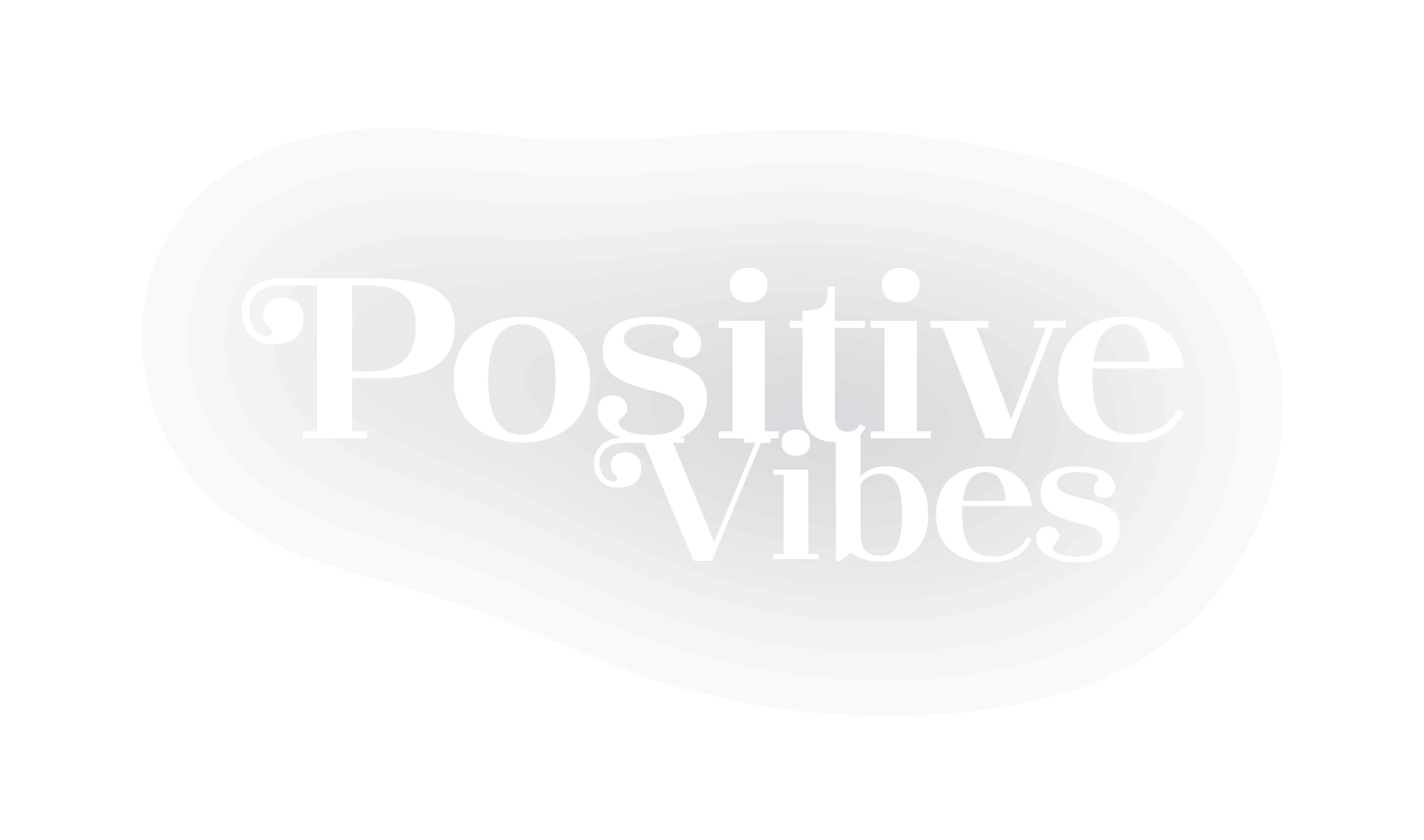

Baby Boomers’ Behavior Adds to HIV Risk
Gale Scott
Baby Boomers face unique risks when it comes to HIV infection–ones due more to attitudes and behavior than medical issues. Older people are more likely than younger people to be diagnosed with HIV late in the course of infection.That means they start treatment later and likely incur more damage to their immune systems, putting them at greater risk of death. Reporting on its latest HIV/AIDS surveillance results, the US Centers for Disease Control and Prevention (CDC) today offered statistics and analysis on how many people 50 and older have the virus, and the challenges that presents to physicians.
Read more here.
More Guest Articles
Spotlighting Eight Potential HIV Champions in the 117th Congress Ending HIV requires lawmakers in Congress dedicated to health equity, racial justice, sex education, housing and more.

